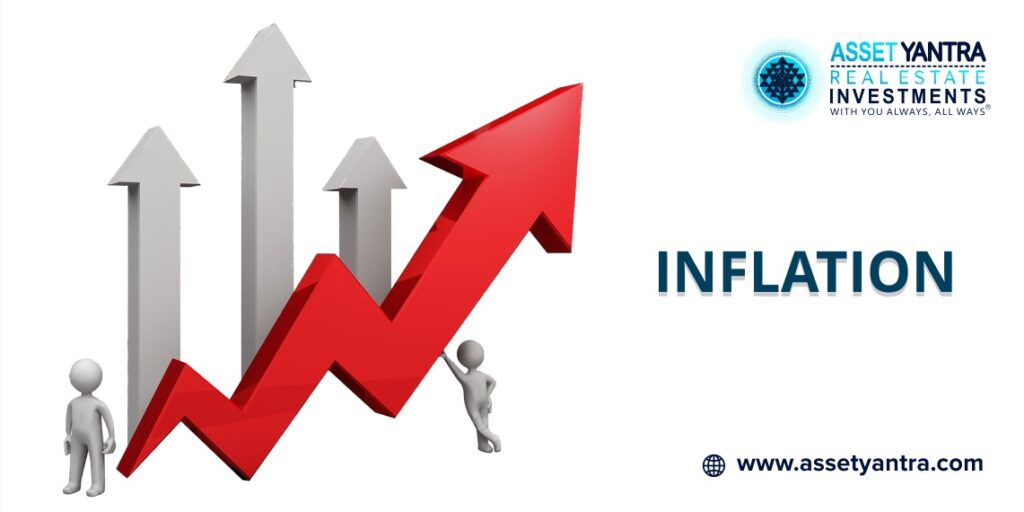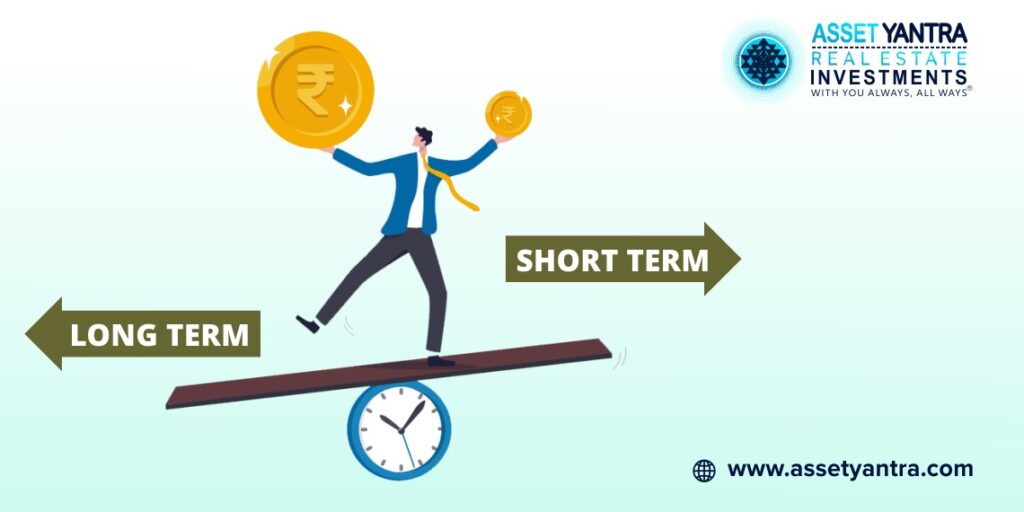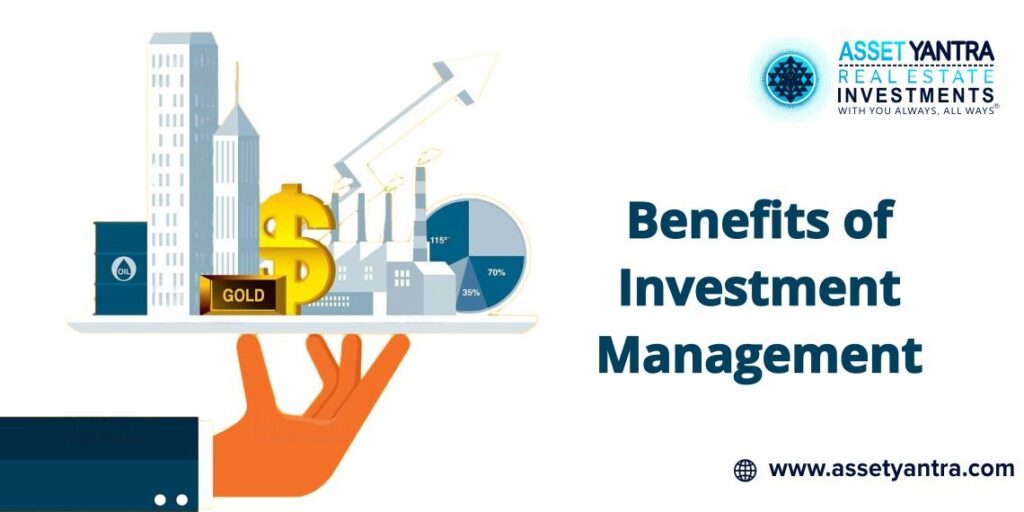How to Invest In Real Estate in an Inflationary Environment
In an inflationary environment, the value of your investment can quickly decrease. However, there are ways you can mitigate these effects and still make money on your real estate property. Inflation has progressed from transitory to destructive, with some analysts even predicating a wage-price spiral akin to the 1970s. Should you rebalance your investment portfolio in preparation for an inflationary climate, allocating part of your money to sectors or asset classes that perform better during inflationary periods? Should you leave your assets alone and let the marketplace determine their long-term fate? The answer is contingent on how long you except inflation to endure and if we are already experiencing rising inflation. What is Inflation? Inflation is one of the most commonly used words in economics. Inflation has thrown countries into protracted periods of uncertainty. Central bankers frequently seek to be dubbed “Inflation hawks”. Politicians have won elections by promising to tackle inflation, only to lose power when they fail to deliver. In 1974, President Gerald Ford declared inflation to be the number one public enemy in the United States. So, what exactly is inflation, and why is it to important? Inflation is the rate at which prices rise over a specific time period. Inflation is often defined as a broad metric, such as the total increase in prices or the cost of living in a country. However, it may also be computed more precisely – for specific items such as food or services like as a haircut, for example. In any context, inflation reflects how much more costly a specific set of products and / or services has grown over a specific time period, most typically a year. How do central banks respond to inflation? Central banks can raise interest rates. When the economy is overheating and inflation is rising, central banks may want to cool things down by raising interest rates. This will make it more expensive for consumers and businesses to borrow money to buy goods & services. Higher borrowing costs discourage consumers from buying things they don’t need; they also discourage businesses from expanding their operations too quickly (because doing so would mean paying higher interest on existing loans.) That’s why we say that raising interest rates helps keep on economy on track – it ensures everyone has enough money coming in so they can their bills without going into debt! What happens during deflation? In contrast to inflation, deflation is when the price of goods and services decreases. A decline in demand or an increase in supply could be to blame for this. For investors, deflation can cause problems because it’s not good for their investments if they don’t have enough money to invest in real estate. Inflation occurs when prices rise over time due to more demand than supply – for example if people are buying more homes than they need because they’re getting richer or their wages are increasing faster than inflation ( which may happen if there’s a recession). How will inflation affect real estate? In an inflationary environment, you may see your real estate investments rise in value. However, that does not imply that it will take place immediately. When a cost increases over time, it is said to be experiencing inflation. It can happen when prices go up for certain items (like food or fuel) or even for things that don’t seem like they need to be priced at all (such as tuition). If your rental properties rent increases by 5% per year, then after 10 years of inflation at 4%, your annualized return on investment will drop from 7% down to 6%. Inflation can also cause the value of your assets to drop. For example, let’s say you buy a house for $200,000 and live in it for five years before selling it for $300,000. That’s a 100% return on investment—not bad at all! But if inflation were 4%, then after paying off the mortgage and property tax bills over those five years, the house would be worth only $216,000 in today’s dollars. You might be thinking that you could just ignore inflation when calculating your expected return on investment. That’s a bad idea for many reasons, but especially because the value of your assets will change over time due to inflation. What are the implications for the investors? Inflation can be a double-edged sword for investors. On the one hand, it’s good news for homeowners because rents and home prices are rising faster than inflation. But on the other hand, it could also mean that interest rates – and therefore mortgage payments – are going up as well. Inflation is a great thing for homeowners who want to sell their houses because it means that they’ll be able to command a higher price when they put their property on the market. But it’s also a good time to buy a home if you’re planning to live in it for at least five years – because inflation will help offset the cost of your mortgage payments over time. Is it a good time to invest in real estate? Many variables go into deciding whether or not it is a good time to invest in real estate. Real estate is a secure investment instrument, and no amount of uncertainty cause by inflation can even significantly lower its value. As a result, when compared to other investment options, it is now seen as the most feasible option. Furthermore, the owner has complete control over the return on investment. Not to mention the tax benefits that come with owning real estate. Furthermore, historically, real estate returns have outperformed those of other asset classes. Inflationary periods are often marked by high mortgage rates, higher material costs, and rising debt expenses. Without a doubt, these obstacles can temporarily stifle but not halt development. Against all odds, India’s market might
How to Invest In Real Estate in an Inflationary Environment Read More »






